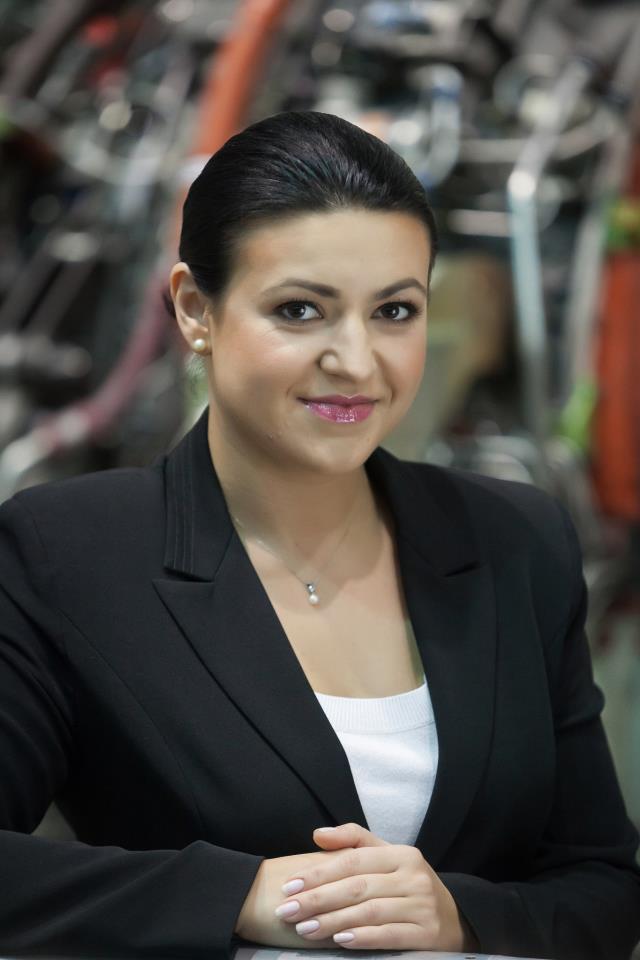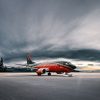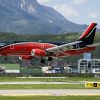 It is difficult to imagine the modern world without flying. It is estimated that 100,000 flights take off and land daily and this means that approximately six million people fly somewhere every day. With the vast number of flights and passengers, it's inevitable that occasionally you'll encounter challenging situations or individuals. These moments can sometimes make your journey less enjoyable, even unintentionally. However, are there any universal guidelines for flying etiquette to ensure a pleasant experience for everyone?
It is difficult to imagine the modern world without flying. It is estimated that 100,000 flights take off and land daily and this means that approximately six million people fly somewhere every day. With the vast number of flights and passengers, it's inevitable that occasionally you'll encounter challenging situations or individuals. These moments can sometimes make your journey less enjoyable, even unintentionally. However, are there any universal guidelines for flying etiquette to ensure a pleasant experience for everyone?
According to ACMI Company Avion Express Head of Cabin Operations Jelena Darinceva, the golden rule is simple: behave as you would like others to behave. As the ACMI provider operates flights worldwide, and carries passengers from different cultures, Ms. Darinceva shares her experience and some guidelines for a pleasant flight experience.
Start by Being Polite to the Flight Crew
Among the behaviors that most disrupt fellow travelers are making excessive noise, disturbing others’ rest, and encroaching on personal space. According to Ms. Darinceva, such actions not only inconvenience other passengers but also make it harder for flight attendants to do their job – ensuring everyone's safety and comfort.
"Often, unpleasant situations arise because passengers do not always understand the essence of the flight attendants' work, the necessary procedures on board, and their priorities. The primary task of flight attendants is to ensure safety on the aircraft, so it's crucial for passengers to follow their instructions or recommendations and be patient," says J. Darinceva. "I also advise everyone to listen carefully to what the attendants say over the loudspeaker, as that information can be very important."
"Help them help you," says Jelena, who has flown as a flight attendant for many years and encourages passengers to seek assistance from the flight attendants if they need help, feel unwell, or experience fear of flying.
"There are many passengers on a plane, and they all need attention, so naturally, a flight attendant may not always be able to give you as much personal attention as you'd like. Patience and understanding are the best expressions of courtesy in such situations. On the other hand, the flight attendant is specifically trained and prepared to resolve issues that arise during the flight, from helping with young children, for example, warming food or drinks to providing emotional support if you fear flying or experience any health problems," advises the expert.
Consuming Strong Drinks is Potentially Dangerous
It will come as little surprise to learn that alcohol is behind many stories about unpleasant passengers. These incidents usually happen on longer flights. There’s a good reason why 81% of consumers support airlines’ decisions to pause in-flight alcohol service to curb unruly passengers.
"There’s an abundance of examples when alcohol consumption turns into a date with the police at the airport. Passengers usually ignore all the warnings that if they behave inappropriately, insult crew members and other passengers, the police will be contacted," says Ms. Darinceva.
During the flight, alcohol should be consumed with extreme caution, because alcohol affects our bodies differently when we are flying. There is a relatively high level of pressure on board, so alcohol tends to have twice the effect. Unsurprisingly, people often simply overestimate their capabilities.
"Many years ago, I had a passenger who fainted while waiting in line for the lavatory. It turned out she had consumed alcohol. Actually, not that much. However, she also didn’t have any breakfast in the morning. You should always eat before a flight – your body will thank you. When trying to help this passenger, we offered her something to eat and regularly checked in with her to see how she felt. This is a very good example of how seemingly small things can impact your travel experience," says Ms. Darinceva.
Respect Other People's Personal Space
When flying, basic rules of manners and courtesy apply not only to flight attendants but to other passengers as well. Loud conversations can interfere with people's rest. The same goes for music, films, and video games. If you intend to use a device in-flight, packing headphones is advisable.
Another important aspect is respect for other people's private and shared spaces. Do not take up more space than you are entitled to, do not block aisles, and keep things clean. Then there’s the dilemma of reclining your seat. Better not to do it. The majority of people think it is rude to fully recline your airplane seat. The same goes for removing your shoes. This is mostly due to smells.
"Strong smells in a small space where the same air circulates can cause discomfort and allergies for many. So it's better to avoid stronger fragrances. Some passengers also bring their own food on the plane. It doesn't necessarily smell good!" warns Ms. Darinceva.
She also urges passengers not to ignore safety instructions. People aren’t always paying attention to them. They think they have seen it all a hundred times before. However, aircraft models are different, so the emergency exits and safety equipment are different as well.
"I have a lot of flying experience myself, but I always pay extra attention to these things. My tip is to also pay close attention to your surroundings. There's a reason why you’re asked to raise the window curtains before take-off and landing. Passengers can also spot a potential problem. If this has already happened, you should inform the flight attendants," advises Ms. Darinceva.





